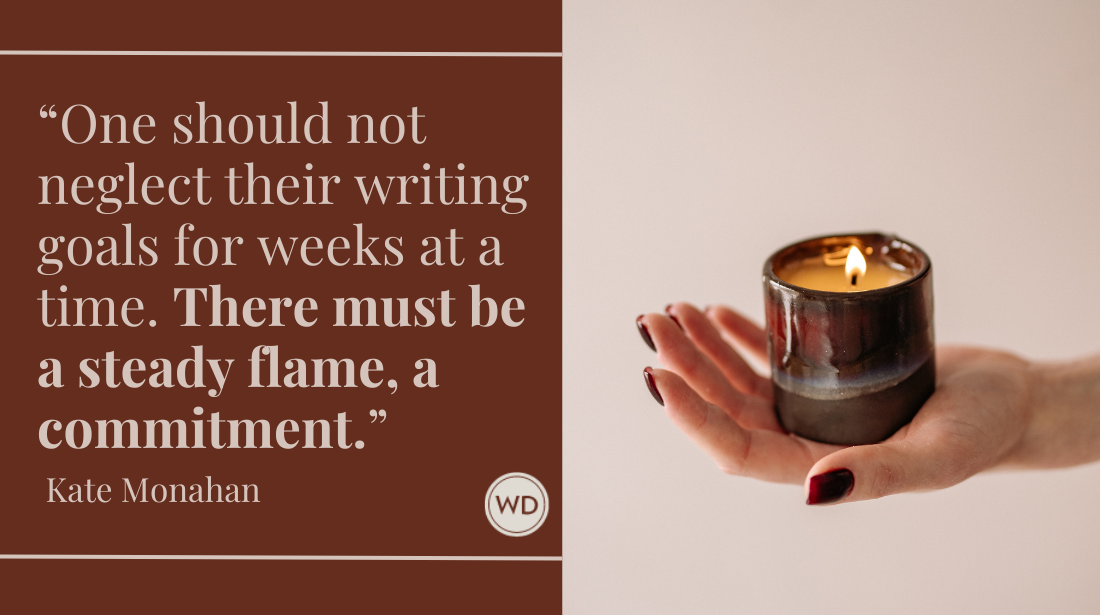Can You Measure Good Writing?
I’ve struggled with the AM I GETTING WORSE complex as many of you know… I mean, you want to think you’re getting better. Don’t most writers look back at their…
I’ve struggled with the AM I GETTING WORSE complex as many of you know… I mean, you want to think you’re getting better. Don’t most writers look back at their earlier works and shake their heads with wonder at how much they’ve grown? You know, you do all the right things: You put in more time. Work harder. Work better. You rely less on style, on showing off. Care more about being truthful, honest. You care more about your characters-- they become real, specific people, people you could pick out of a crowd, not easily drawn archetypes.
I said to one of my writer friends once that I wondered if a good barometer, a good indicator that we were getting better was acceptance into a literary journal or magazine. Finally someone else saying yes, you’re there, you’re ready, you’re work is good enough. I don’t know about that anymore. Is that really the best measurement? You’ll publish when you’re ready, people always say. When the work is ready. Perhaps this is true. But what about in the meantime? What if we’re not submitting to journals yet? What if we’re not interested in publication at this point? What are the indicators that we’re getting better?
Judy Reeves, author of A Writer’s Book of Days, offers these signs that one is improving. Do you agree with them? I suppose if we must measure our writing, some of these indicators are, if nothing else, a sign that we’re headed in the right direction, aware of the process, improving.
A checklist to measure your writing progress:
·Your verbs are lively and diverse
·You write with fewer clichés
·Your sentences vary in length and structure
·Your writing is truthful and honest. You don’t hold back
·You don’t overwrite, nor are you stingy with words
·You’ve eliminated generalities; you write in specifics
·Your images are fresh
·Adverbs have all but disappeared from your writing
·You don’t pull all your punches
I definitely believe some of these indicators are signs of strong prose work. The one that resonates with me most is: You don’t pull all your punches. Again, this goes back to the idea of writing with truth in mind, not writing with the need to impress a teacher or classmate, to show off one’s prose prowess. I think this feat is easier said than done. It’s not easy digging to the truth. Sometimes we tend to skim the surface, stay safe, rely on our one-two punch. But I’m losing track here. The idea is assessment. How possible it is? One of my writing school friends received an A- in her workshop class. When she emailed the professor for an explanation he said: “I reserve my A’s for the most brilliant writers.” What does that mean exactly? This was only one man’s opinion of brilliance. Was my friend really not an A writer?
Writing is a subjective process. A wildly subjective process. Reeve’s above indicators feel more like general reminders to me. I’ll take them whenever offered.But perhaps the one true barometer of greatness is the reaction your work evokes. And it will not, will never evoke the same reaction in every person. This is why remaining true to one’s vision is so darn important.There’s this quote, I can’t quite remember it exactly, but it’s something like this: Write for everyone else and no one will like it, but write for yourself and many people will love it. It’s about singular, honest work. People connect to authenticity. Does someone feel something when they finish reading your piece? You can break many of the above rules and still create a magical world on the page. I guess when it comes to good writing you just know it when you read it. You lose track of time, your heart beats faster, you might even tear up. You nod and say yes, yes! because you just know the words have been placed so perfectly on the page. They were meant to be. They couldn’t possibly be any other way.
“In good writing, words become one with things.” –Ralph Waldo Emerson







